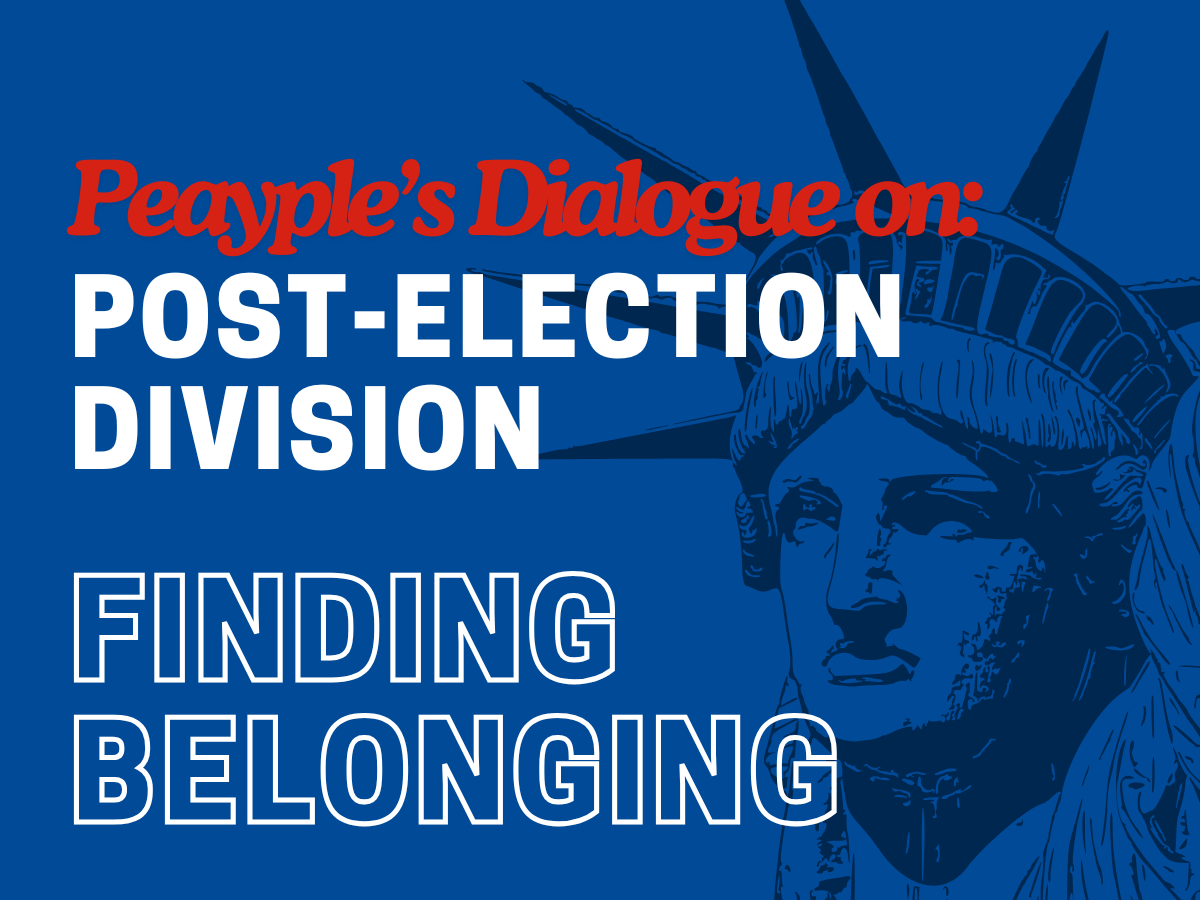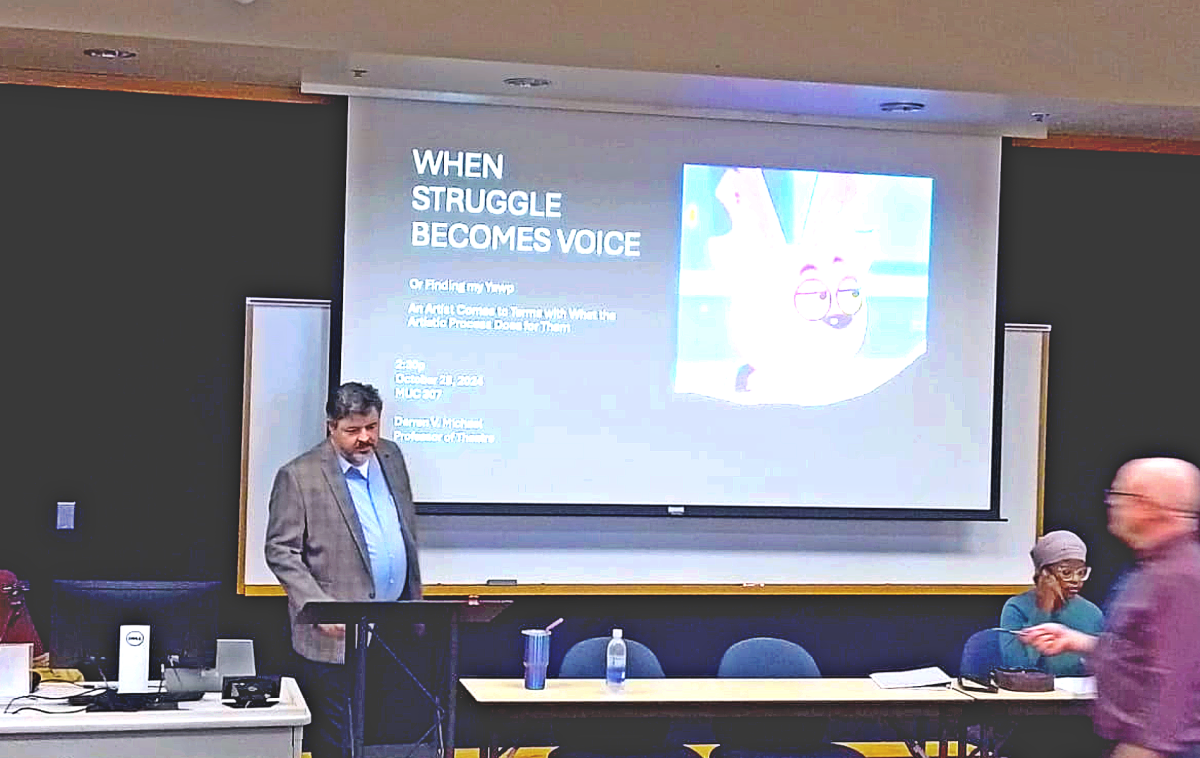Elizabeth Resha laid back in her chair and logs into the Netflix account she shares with her three family members. For $20 a month, Resha has a selection of shows to choose from.
“I have my own account but I share it with my family. Right now, it’s me, my parents, and my sister,” said Resha, an English education major.
Resha, like 54 percent of American college students, shares a Netflix account with someone else, according to a 2019 Business Insider article. With the emergence of multiple streaming platforms, sharing accounts has become increasingly popular among college students to help cut the costs.
However, Netflix is cracking down on password sharing.
Netflix Director, and Product Innovator, Chengyi Long, explained how the company has always made it easy for people who live together to share their Netflix account, with features like separate profiles and multiple streams in the Standard and Premium plans. While these have been hugely popular, they have also created some confusion about when and how Netflix can be shared. As a result, accounts are being shared between households – impacting the companies ability to invest in great new TV and films for its members.
So for the last year we’ve been working on ways to enable members who share outside their household to do so easily and securely, while also paying a bit more, said Long, in a March 2022 statement.
“I think it’s pretty ridiculous to be honest. I already pay so much money, like $20 is pretty expensive for a streaming service. Especially compared to Hulu where I only pay like $5,” said Resha.
Netflix currently allows up to five profiles in one account if they live under the same household. For sophomore broadcast media major Marie Hughes, “household” did not apply for even family members.
“Until this year, I used my mom’s account. We don’t live in the same house anymore so I decided to pay for my own,” said Hughes.
Although password sharing is technically allowed as Netflix CEO, Reed Hastings said it is a “positive thing,” there is a law in Tennessee that makes it illegal. . In June of 2011, Tennessee implemented a law called the “Login Law.” This law makes it a crime to share login information, namely passwords for sites such as Netflix and iTunes, according to a 2016 Private Internet Access article.
A 2011 article from the Tennessean states that college students who share their password with everyone in their dormitory could be slapped with a fine, a misdemeanor. So far there hasn’t been any publicized cases of people penalized for sharing passwords.
Hughes said she was unaware that a law that prohibits password sharing even existed.
“I didn’t even know sharing your password was illegal. It doesn’t really apply to me since I follow this law unintentionally, but now I’m going to guard my passwords even more fiercely.”
With all the discussion of added fees and password sharing, account holders express their concern.
“I think it is a bit irrational,” said Hughes. “The account holder should be able to share their password to whoever they want to.”
“I might even get rid of Netflix if they add more fees, it sounds pretty ridiculous,” said Resha.







